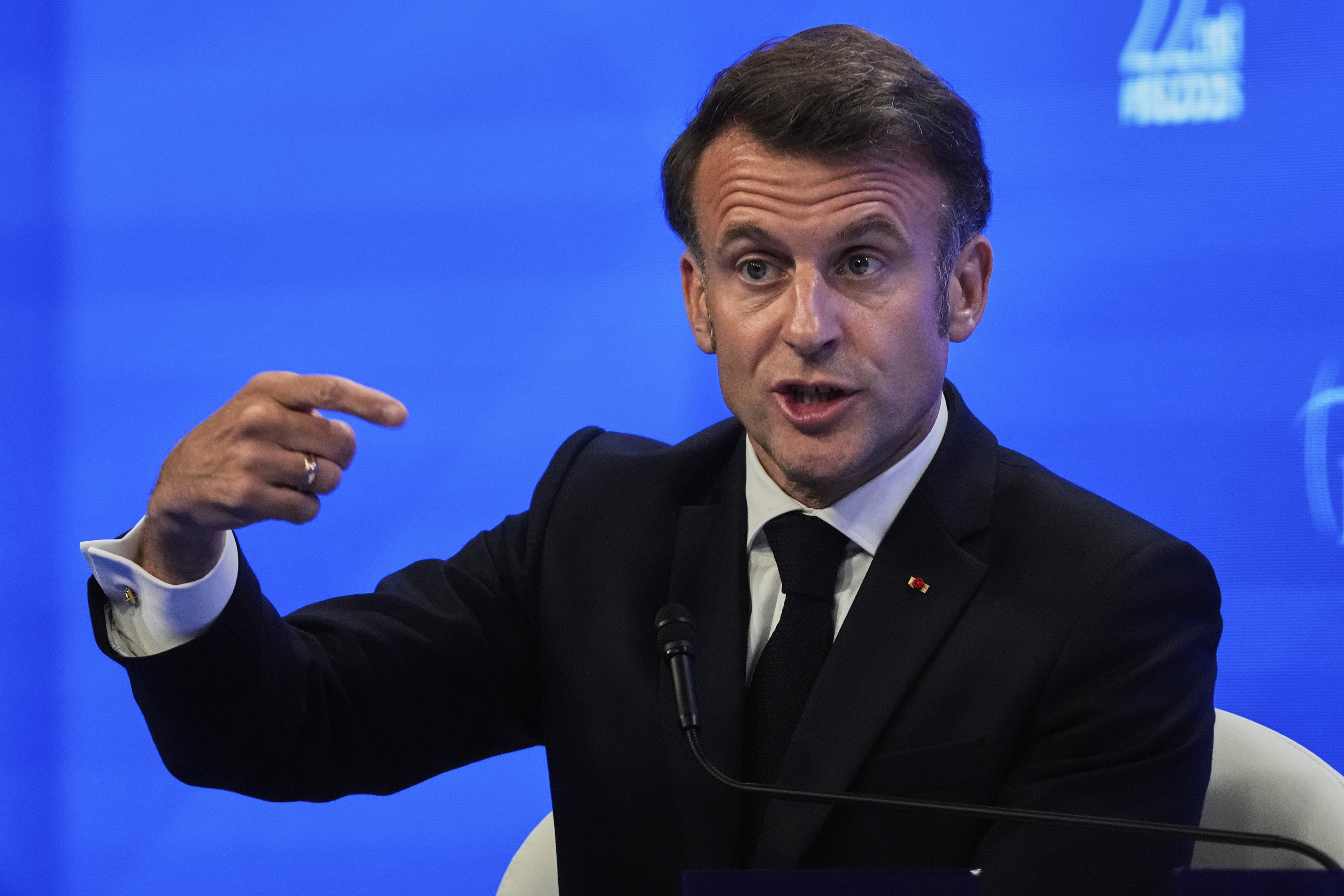Since the Russian invasion of Ukraine, signs of a need for increased defense spending by European governments have been constant. The initial push came from the need to replenish arsenals due to the first armed conflict in 20 years at Europe's doorstep and the transfers of equipment to the country led by Volodymyr Zelensky, which often also served to highlight that much of the weaponry was in inventory but far from being usable in a conflict in the 21st century.
Three years later, member states have already made a significant effort in their budgets to face the new defense reality. However, it is nothing compared to the boost expected from June onwards following the arrival of Donald Trump and his demands that NATO members increase defense spending to 5% of GDP, a measure increasingly accepted among alliance members and which has been boosting European defense companies in the stock market, drastically changing their reality compared to the first quarter of 2022.
According to the analysis by EL MUNDO, the 11 largest defense companies in Europe closed March with orders of nearly 400,000 million euros, a pending workload that has increased by 61% compared to what these companies had in March 2022, shortly after the start of hostilities in Ukraine and only a portion of the volume of new projects these companies expect to incorporate in the coming years.
In a market where projects are developed years in advance and the capacity to manufacture planes or tanks remains limited (no company can produce 15,000 tanks in a year as if they were cars), the project portfolio is a very reliable indicator of the sector's future and what the company can expect in terms of future income.
In fact, Bank of America believes that the sector is overvalued in the stock market, but there is a reason behind it as it is expected to grow by an average of 12.5% annually between 2024 and 2028. Precisely, growth is what is most rewarding for investors, and that is why the German company Rheinmetall is currently leading the market.
The company has gone from having pending orders of 15,000 million euros in 2022 to over 47,300 million in signed contracts at present. The figure is also expected to increase as it transforms its civil factories into military ones and completes its expansion in the United States. With an aggressive strategy, the company has climbed to the top three European companies with the highest defense contracting volume, just behind the British Bae Systems, with 77,800 million in orders, and Thales, with over 50,000 million (although part of its business is civilian).
The German group, with a significant presence in Spain, is the only company that has managed to triple its orders, while a good representation of continental companies has also doubled their business compared to last year. A paradigmatic case is the combat aircraft manufacturer Dassault Aviation. The company has 'ordered' 220 Rafale aircraft and 79 Falcons, orders that guarantee 43,200 million in revenue, a figure well above the 86 Rafale and 55 Falcons it closed 2021 with, its last report before the war in Ukraine.
A similar situation has occurred with Rolls Royce, which in 2021 lamented the poor performance of its Defense business (and sold the Spanish company ITP Aero as a result), but now almost triples its contract base to 20,656 million.
Spain has not historically had a champion in defense and now aims to correct its course with the transformation of Indra into this player, but the numbers show the long way to go and validate the strategy of Ángel Escribano and José Vicente de los Mozos to try to close a major acquisition, such as Iveco Defence or the company owned by the group's president and his 'brother' Escribano Mechanical & Engineering (EM&M), to catch up.
Considering the contracts of Minsait, its digital branch, and its transportation and air traffic businesses, previously in the same division as Defense, the group has increased its orders by 33% between 2022 and 2025, but currently its portfolio stands at around 8,000 million euros, far from the industrial leaders of France or Italy (Leonardo has around 46,184 million euros). Nevertheless, the company has the 'advantage' that Spain is one of the countries with the lowest defense spending, which should multiply growth opportunities for the group, which is focused on expanding its industrial capabilities.
